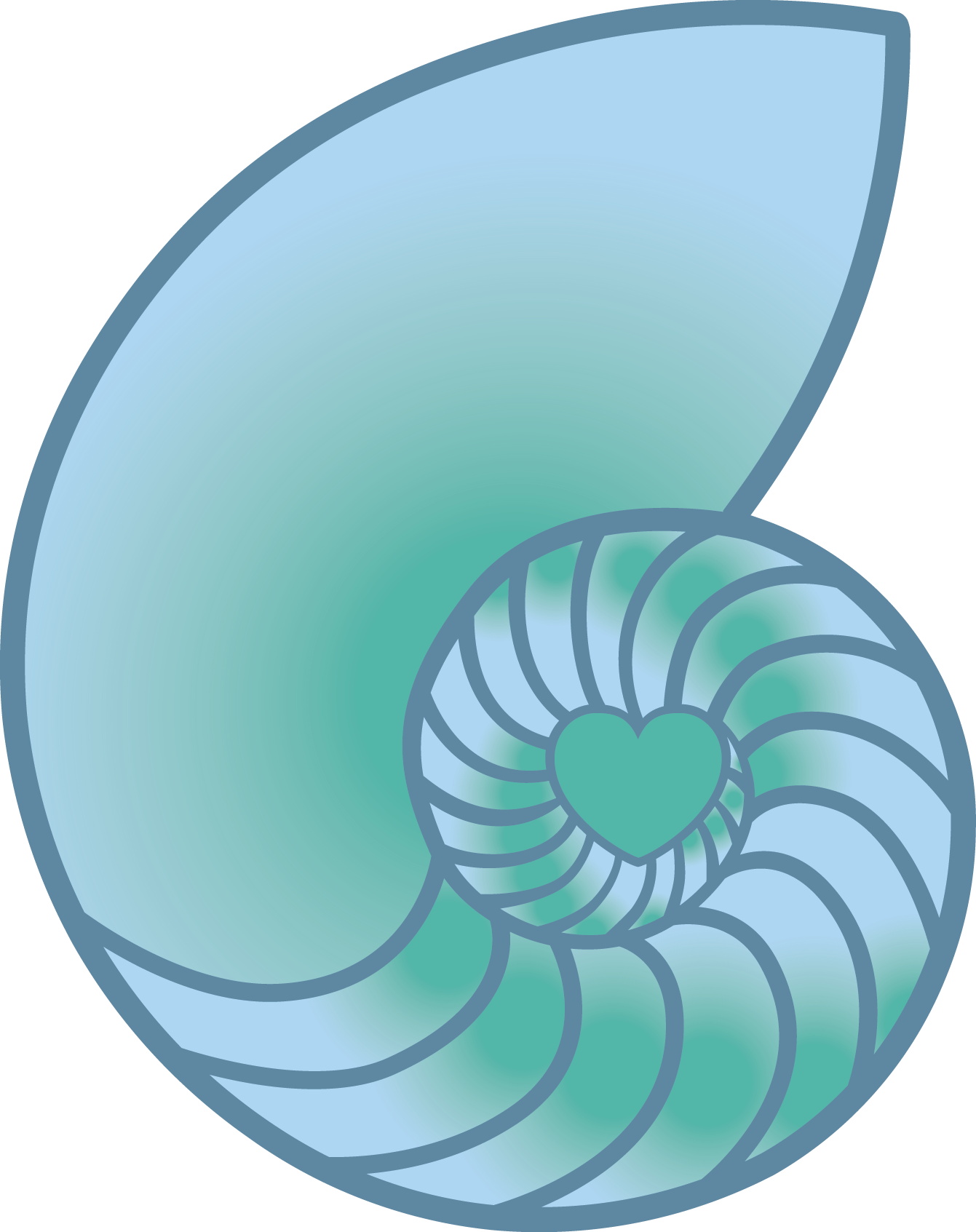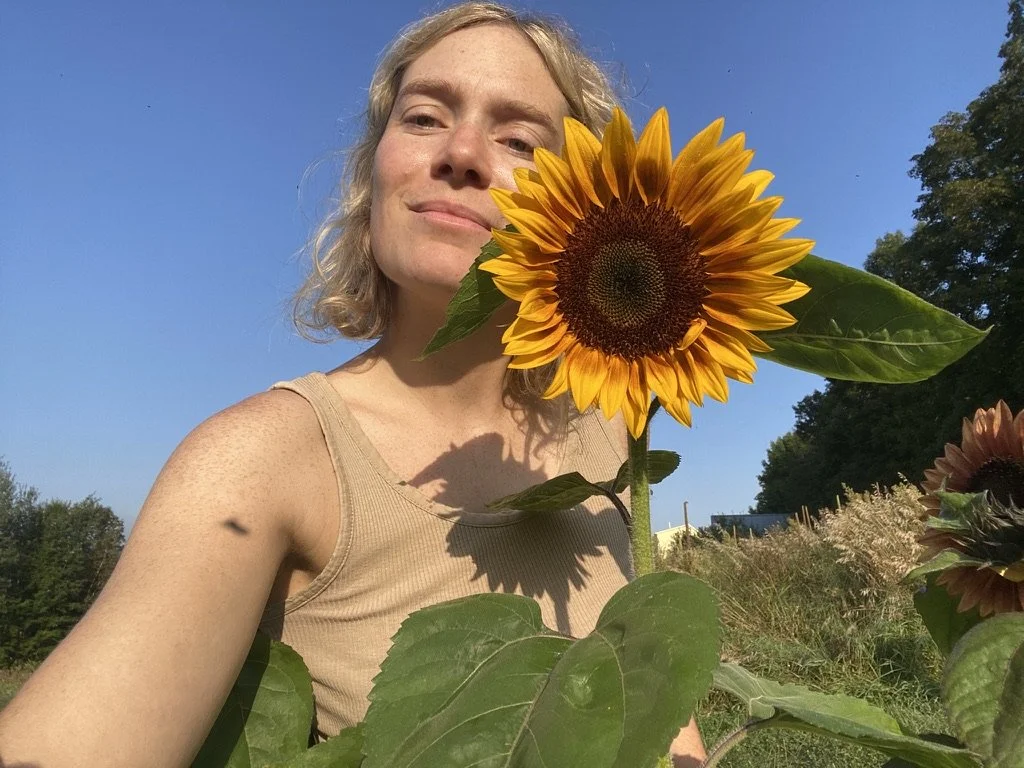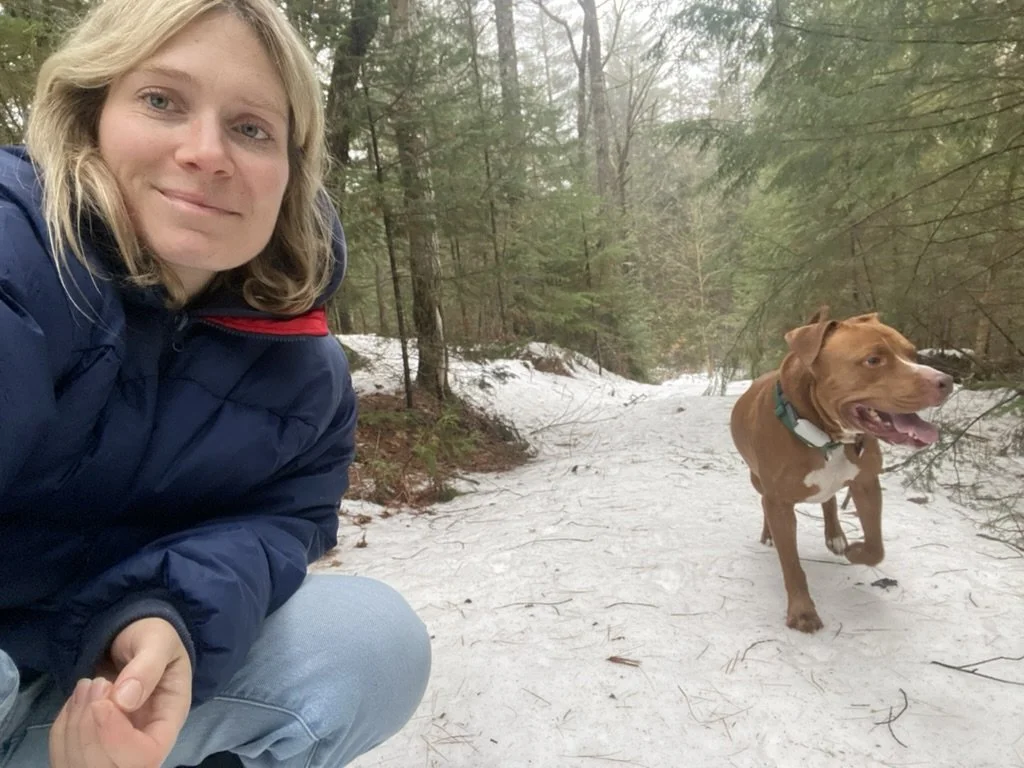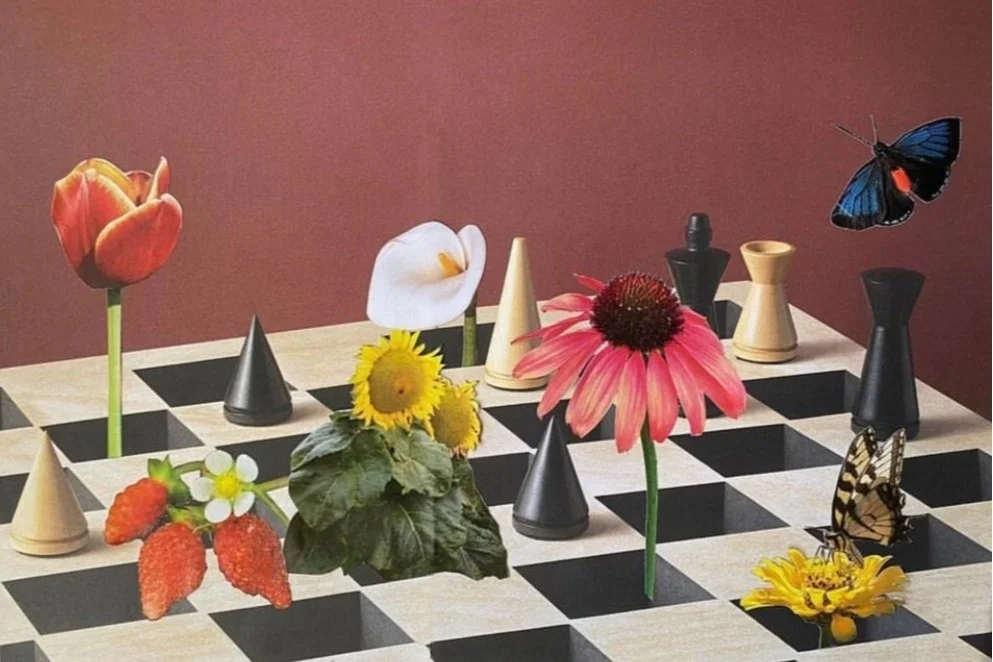Drusilla Roessle — or “Dru” — of Danville, Vermont, brings deep insight to the WholeHeart board of directors and beyond. She works as a facilitator of groups and teams problem-solving some of society’s most intractable problems. Dru centers relational justice in the spaces she engages in, believing that we already have what we need to create just systems that are designed for care, reciprocity, and collective well-being. Enjoy this provocative, inspiring interview!
WH: Can you describe your involvement with WholeHeart and what drew you to the community?
Dru: I participated in a virtual Facilitators’ Circle in the winter of 2022. I wasn’t totally sure what I was signing up for. At the time, I was asking big questions about my relationship to work in government, like: do I believe in the narrative that I can change this system from the inside?
And I was asking questions about my role as facilitator like: how can I relax this muscle of perfectionism that bends toward a desire to control? I knew I wanted a place to connect with others outside a professional setting, but where questions related to my experience of working would be welcome.
As part of the Facilitators’ Circle, I felt like I could breathe into the wordless space beyond my questions and set them down next to such kindred stuff that others were bringing to the circle. I felt fully present there in a practice of reflection and held by the gentle format of the circle.
“WholeHeart represents my commitment to feeling the poetry of everyday life...it’s about seeing how our selves, our relationships, and our organizations are already changing as part of the dynamic, relational, constantly shape-shifting world.”
WH: How has your involvement with WholeHeart energized and evolved your leadership personally or professionally?
Dru: WholeHeart has come to represent my own commitment to feeling the poetry of everyday life. WholeHeart reminds me of the deeper channel I have access to in my daily life – the place from which I’m noticing the mystery of what my mind cannot grasp, letting myself feel magic and miracle, paradox, the feeling-as-it’s-changing – is actually a place I can live in and orient from all the time.
Given our modern circumstances, I think that’s a pretty radical way to live. I’ve grown up in political, economic, and professional contexts that generally aspire to an ideal of objectivity, linear A → B or if-this-then-that logic, and hyper-focus on the individual as a unit of labor and experience of prosperity. …in which human cognition and humanist pursuits are superior to other life, separate from earth, and in which earth is a resource to take and use.
Sometimes I understand this design most clearly as the requirements of white supremacist, colonialist, capitalist desires. I can feel how it seeps into our cultures of work, into my ways of thinking about how to be “effective” at anything, how I think about my own life… and I feel scared by it. As someone who has learned a lot about facilitating “problem-solving” methodologies, I feel an urge to “solve” it all. Sometimes I wonder about whether that desire to “make change” is actually part of what holds it all in place.
In my life, the WholeHeart-ed feeling of being committed to the poetry of everyday life is really about seeing how our selves, our relationships, and our organizations are already changing as part of the dynamic, relational, and constantly shape-shifting world. I think about how we listen and bring our loving attention to an existing momentum, and how we get out of our own way, is the process by which our lives and organizations actually transform. Maybe I’m just talking about intuition, actually.
WholeHeart’s mission – cultivate our capacity for deep listening and solidarity in service of collective wellbeing, dignity and relational justice in kinship with all beings – affirms for me this belief that we already have what we need to live the way we want to, and to create systems that are designed for care, reciprocity, and collective well-being.
“In dialogue, collaboration, or conflict, when we are able to identify, share, and feel heard in the deeper layers behind our own reactions, ideas, strong feelings, and questions, we can open to the experiences of others and begin to practice holding multiple truths at one time.”
WH: How does deep listening and personal/collective care factor into your life and leadership style?
Dru: I think about one of the touchstones (source: Center for Courage and Renewal) that I was introduced to during WholeHeart’s Facilitators’ Circle that I come back to often: “Turn to wonder.” Ask yourself, “I wonder what my reaction teaches me about myself?” Set aside judgment or critique to listen to others—and to yourself—more deeply. In my work as a facilitator and otherwise in the course of my life as a friend, I try to bring self-awareness and responsibility for myself.
In dialogue, collaboration, or conflict, when we are able to identify, share, and feel heard in the deeper layers behind our own reactions, ideas, strong feelings, and questions, we can open to the experiences of others and practice holding multiple truths at one time. This is a bridge to my next favorite touchstone: “Listen generously to your own and one another’s experience and discoveries. Trust we all hold a piece of the puzzle, and we need each other’s pieces to understand the whole picture.”
“Movements focused on just transitions from extractive to regenerative economies give me a sense of hope and possibility...it is in the context of those relationships that the practice of whole-heartnedness lives. ”
“The chess image is a collage I made. I love to collage; playing with metaphor, symbol, connotation helps me explore the nonlinear, kind of like poetry.” - Dru Roessle
WH: Are you seeing any seeds of hope and possibility in these turbulent times?
Dru: Public investments to make childcare more affordable, progressive tax policy changes to address wild wealth disparity and fund government programs, advocacy around overdose prevention centers – these legislative initiatives in Vermont give me inspiration for what can be accomplished through our institutions when people work together for collective care.
I feel a sense of hope and possibility in the many people across the world -- in the context of complex histories, ancestral threads, identities, and personal risk -- speaking out against the ongoing genocide of Palestinians by the current Israeli government and with U.S. weapons.
Because our integrity demands it, we are finding ways to be connected to one another even despite the rippling-out experiences of Anti-Arab and Antisemitic harm, police violence, and nationalistic language that stokes myths of separateness and otherness.
I feel such strength in the diversity of voices uniting to demand an end to the violence and who are imagining a future in which all of our lives, relationships, culture, roots, contributions, and responsibilities are treated as sacred and non-expendable at the collective level.
Movements focused on just transitions from extractive to regenerative economies give me a sense of hope and possibility too. I think about all the people and their connection to others, pollination of ideas, and the process of organizing and being organized that make up these movements – it is in the context of those relationships that the practice of wholeheartnedness lives.
WH: Is there a gem from your WholeHeart work or learnings that animates your life in an ongoing way?
Dru: During the Facilitators’ Circle that I participated in, we spent time with a poem that rooted in me and continues to sprout up in my inner monologue and in conversations with friends: Book of Genesis by Kei Miller. It is a short poem, like a tiny nest. “Suppose there was a book full of only the word, let,” it begins. I remember how, always and miraculously, all that is alive unfurls – regardless of my worrying about it.
“When I look at the violence, suffering, extraction, and degradation of life that we witness daily in this modern world...I believe the work of WholeHeart is to keep demonstrating the power of tenderness in systems that try to numb and callous us. ”
Dru co-facilitated a year-long exploration of leadership among friends in Jeffersonville in 2019; the group is still connected and supports one another across all dimensions of life.
WH: Why does an endeavor like WholeHeart matter today?
Dru: As I know we all do, I sometimes pause and ask myself: “what is it to be alive?” “what is the meaning of life?” It’s like a way of grabbing hold of myself that I’ve been doing for as long as I can remember. What I keep coming back to is: being-in-relation. Everything I know about being alive comes back to it – I exist only as part of an infinite unfolding experience of constantly rearranging positions and roles. To me, WholeHeart’s programming is all about exercising the muscle of connectivity, opening-up to being changed in relation to others, and through the practice of deeper listening, of loving attention.
I think that to some this relational justice mission and work could feel subtle. “Subtle” in the face of such enormous systemic challenges can seem indulgent, irrelevant, or not-enough. To me the work does feel subtle, or difficult to name and describe, almost invisible or illegible in its metaphysical underpinnings sometimes. But subtle as an earthworm is subtle, quietly loosening, oxygenating, nourishing the soil from which literally everything grows.
When I look at the violence, suffering, extraction, and degradation of life that we witness daily in this modern world, I think about patterns of disconnection, alienation, dissociation, dominance. All of us know what it’s like to feel those things but also know the deeper yearning of the heart for something real and more tender. I believe the work of WholeHeart is to keep demonstrating the power of tenderness in systems that try to numb and callous us.
WH: What are your hopes and dreams for the organization as it enters its next decade?
Dru: I dream into “let.” …letting WholeHeart’s powerful mission be “enough.” Letting our programming be the source of creativity and “remembering” that it is to those of us who come back again and again. Letting ourselves, those of us who love WholeHeart, invite new folks to participate (I have to admit for myself that this requires a bit of letting-go of a mini-desire to keep a special thing secret). Letting WholeHeart change, too – letting the organization stretch in new ways that I can’t yet foresee.





